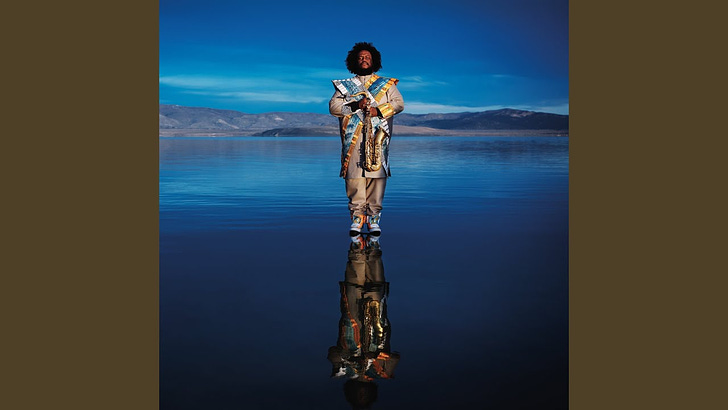Fists of Fury: Kamasi Washington's Reprisal
Kamasi Washington’s prescient 2018 album Heaven and Earth sounds as though it was delivered to twenty-first century America from an alien messenger pod. Partially this is as a result of the full-throttled choral backing behind most songs, very unusual for songs categorized as jazz. But Kamasi Washington is very much of the early 70’s jazz-funk school–based on the groundwork laid by Miles Davis’ Bitches Brew and further emphasized by Sun Ra and others. He also offers a Charles Mingus bravado—layered soundscapes mixed with an element of the gospel.
His song, “Fists of Fury”—my favorite from the album—is a nearly ten minute long epic of building frustration. That is to say, in one reading, the song offers a brief history of the African American struggle, using the metaphor of a hand. As Washington dictates, he uses his hands to caress, to show friendliness, to help others and to work/get by. However, when injustice sets in the hand may metamorphose to a fist of fury. The beauty of this metaphor has to do with its universality. Similar to the famous and oft-anthologized poem “Masks” by Paul Lawrence Dunbar, “Fists of Fury” never specifies its problems as group-specific. Yet, at the same time it is clear that the injustice mentioned in the song can and should be understood as racist injustice. The almost Biblical spoken word portion of the song seems offered from upon high:
“Our time as victims is over
We will no longer ask for justice
Instead we will take our retribution”
This makes me think of Jesus at the last supper uttering: “Let the one whom has no sword sell his cloak and buy one.” There is a time for love and understanding and there is also a time for fighting back, for standing up for what is yours no matter the cost—and the ultimate goal is for reprisal and reckoning. In this framework, there are enemies. Don’t ask for justice, take it. This is a sharp rebuke to those who claim that the downtrodden claim victimhood. In Washington’s vision, the time of passive acceptance is over: the time for justice is now.
You can hear it in the beat—”Fists of Fury” is a marching song. There is a bold simplicity of vision here. Perhaps the casual listener expects jazz to offer a melodic backdrop to their dinner—something akin to pleasant background music. In Heaven and Earth, Washington wields a sword—his saxophone, his voice, his vision. He is not invoking the listener to join the struggle, per se. Instead he is telling it like he sees it: here is my truth and this is how I intend to apply my form of opposition. Hands can touch and love; they can also ball up into a blunt object. Blunt as hell.


